
DIE WALKÜRE
Richard Wagner
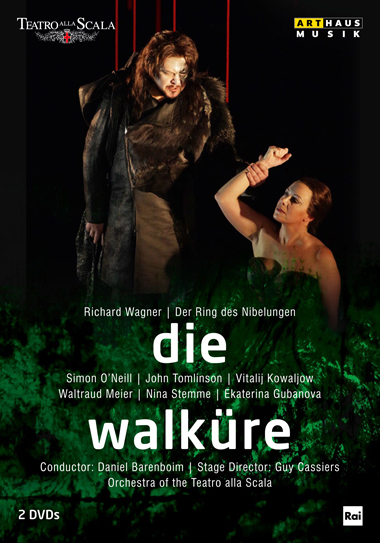




Richard Wagner
DIE WALKÜRE
2010
Soloists:
Simon O’Neill, Waltraud Meier, Nina Stemme
Orchestra, Chorus:
Orchestra del Teatro alla Scala
Conductor:
Daniel Barenboim
Director:
Guy Cassiers
Richard Wagner called “Die Walküre” the “first evening” of the “Ring of the Nibelung”; he called “Das Rheingold” the prologue or “Vorabend”. Musically and dramatically, we are introduced to a radically new and different world when the opening bars of “Die Walküre” resound. A fully developed orchestral palette of Leitmotivs paints a wild storm scene, and the curtain rises on a modest dwelling: a fully human scene that has nothing to do with the gods, dwarves and nymphs of “Das Rheingold”. At the same time, however, the way “Die Walküre” portrays radical beginnings reveals some telling reminiscences of the unfolding of “Das Rheingold”. “Die Walküre” is exciting and deeply feeling drama. The Scala “Ring” Cycle by Guy Cassiers is continued here with, as in “Rheingold”, numerous outstanding opera stars. Most of all, the leading ladies, ever wonderful Waltraud Meier as Sieglinde, marvelous Nina Stemme as a strong Brünnhilde and Ekaterina Gubanova as a convincing Fricka are to be named. Simon O’Neill and John Tomlinson fight a stirring duel as Siegmund and Hunding and Vitalij Kowaljow gives his dark portrayal of Wotan. Daniel Barenboim presents a fantastic musical interpretation of this second and inspiring evening of the “Ring”.
Label:
Arthaus Musik
Genre:
Oper
Running Time:
238
Picture Format:
16:9
Sound Format:
PCM Stereo / Dolby Digital 5.1
Number of Discs:
2
Region:
0
Languages:
DE
Subtitle Languages:
GB, DE, FR, ES, IT, KOR
EAN:
0807280169492
UPC:
807280169492
Blu-ray:
108091
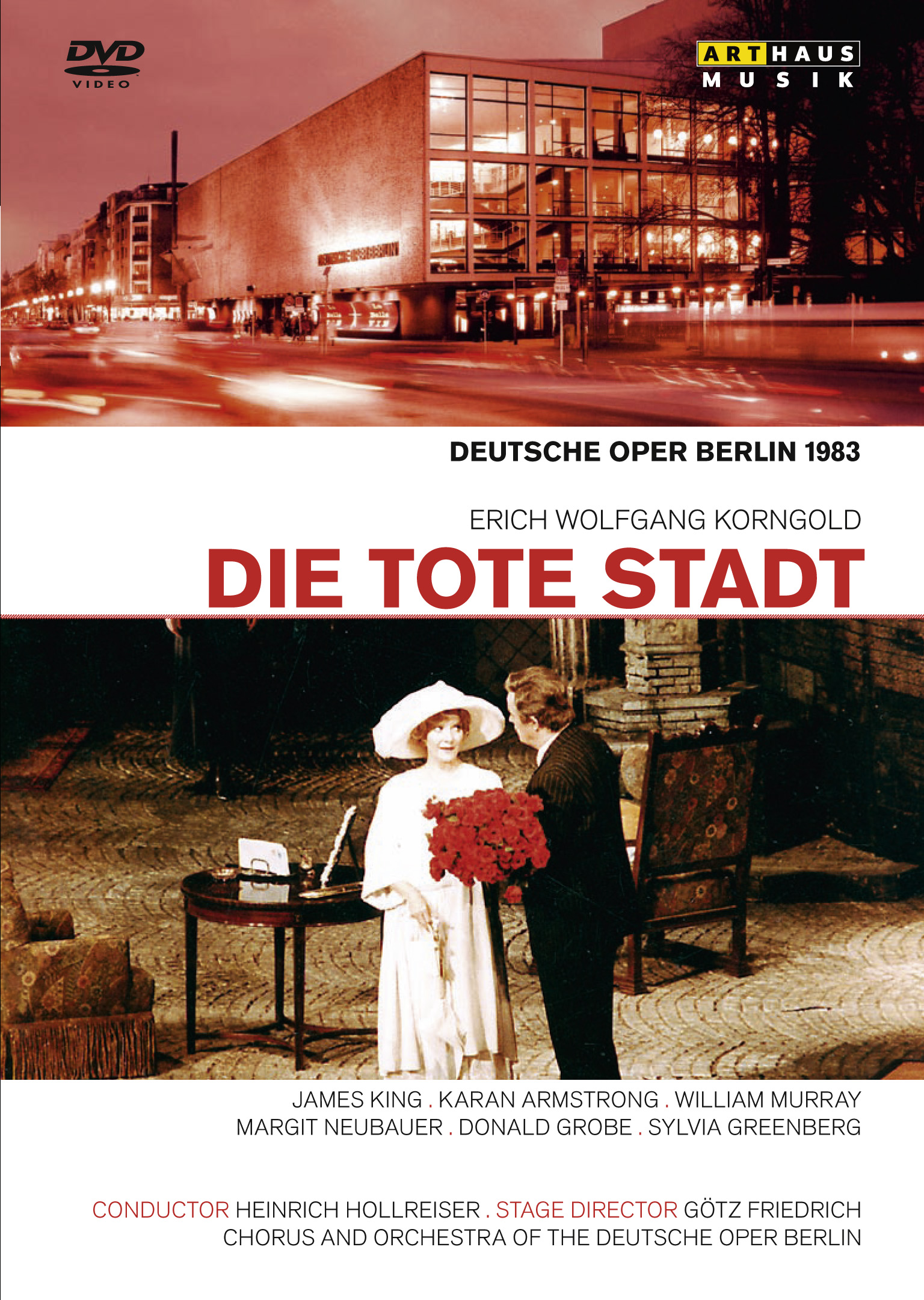
Erich Wolfgang Korngold
In 1920s Germany, Erich Korngold's work was considered “degenerate” and banned. Eventually, in 1934, he left for Hollywood. There, he made a name for himself as a film composer and only rarely wrote great works for the stage. Many of his quite successful operas, composed between 1913 and 1927, stopped being performed after(...)
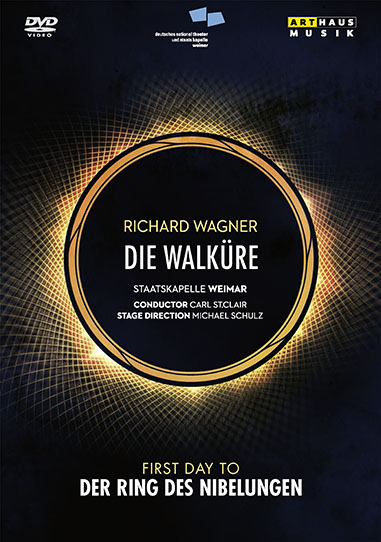
“The free man must be his own maker” Richard Wagner’s Ring of the Nibelung reflects the composer’s autobiography as much as the political turmoil of his times. As work progressed, another figure grew to be as important as the hero Siegfried, the god Wotan, the mouthpiece for Wagner’s ideas. “He’s exactly like us: he is the sum of(...)























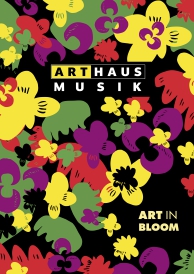 PDF Download (5,5 MB)
PDF Download (5,5 MB)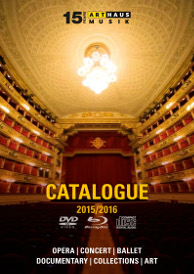 PDF Download (6,7 MB)
PDF Download (6,7 MB)